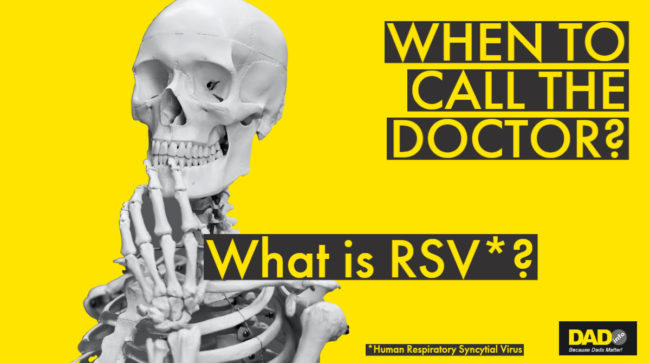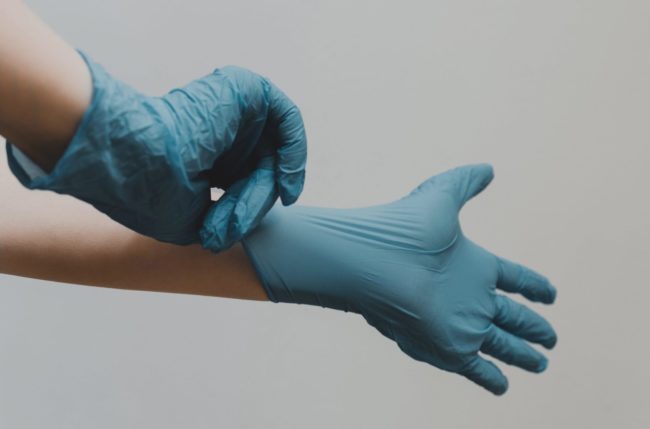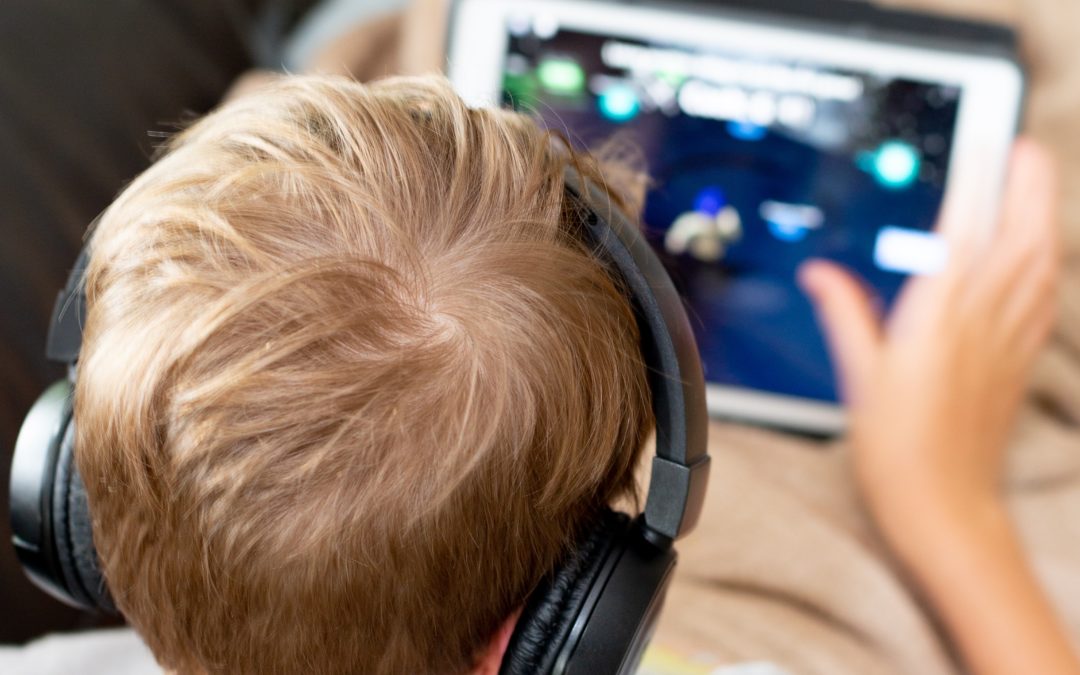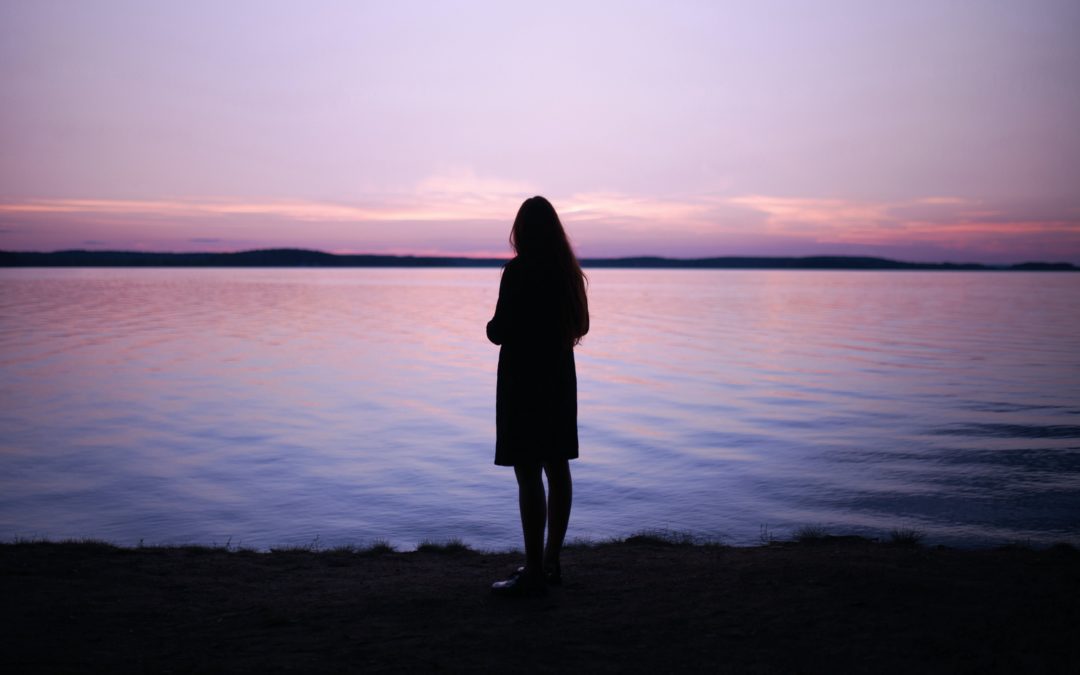We had two years where our children barely had a snotty nose- or at least that’s how it felt. Now it feels as though it is payback time, as conjunctivitis and nits and vomiting bugs are on the rise. So here is the beginning of our Dad.Info refresher course on childhood illnesses to watch out for.

Have you heard about RSV?
RSV normally affects children under the age of two, but because of lockdowns and lack of exposure older children are getting RSV (or Human Respiratory Syncytial Virus if you like the medical term) as well.
RSV causes a respiratory tract infection that affects 64 million people per year worldwide.
For most people and many children it is a mild, cold-like condition which will get better on its own in a couple of weeks. However, some infants can be at risk because they can get an acute lower respiratory tract infection. RSV is the most common cause of bronchiolitis in infants.
Is it contagious?

RSV is a virus
Like Covid, RSV is transmitted by droplets from an infected person. So someone sneezing or coughing will leave RSV in the air in rooms they’ve been in and on surfaces they’ve touched.
How to spot RSV
In infants, about 3 to 5 days after infection a child might have:
- A blocked or runny nose, which turns into a dry cough
- Fever
- Breathing problems
If you suspect your child has RSV
You can treat it normally with infant paracetamol or ibuprofen.
However, if your child is not themselves, breathing more quickly or has a temperature you can’t bring down give 111 or your GP a call and let them advise you what to do next.
Call 999 if:
- your child is struggling for breath
- you can see their stomach sucking in under their ribs as they breathe
- the colour of their skin under their tongue or inside their lips is blue
- or if they are sweaty or pale.
Can you get it twice?
Most children will have had RSV by the time they are 2. However you can get it at any time in their life and unfortunately you can get it more than once.
Why is there no vaccine for RSV?
There are actually four vaccines in late-stage trials. Attempts to create a vaccine have been going for decades. Right now, late stage clinical trials are being trialled in older adults. However, babies immature immune systems present a challenge. Most childhood vaccines are given once a baby is two months old, outside the critical window when severe RSV infections take hold.









